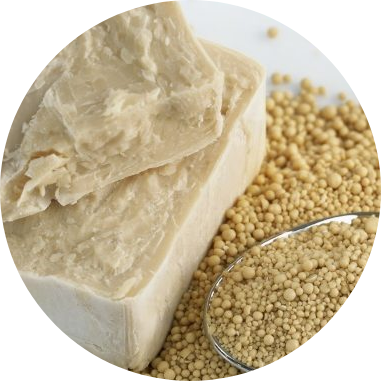What is food intolerance or sensitivity
Intolerance to certain foods arises during the digestive process, when food is broken down into its individual parts in the digestive tract. However, if we continuously load the body with unsuitable foods, this can gradually lead to a syndrome of increased intestinal permeability. This allows protein molecules to enter the body from food, which our immune system defends against and produces IgG antibodies. This creates clusters (protein + IgG antibody) - immunocomplexes - that build up throughout the body and can cause health problems.
Food intolerance is often confused with the term allergy. However, an allergy is an immediate and often very strong reaction of the immune system, whereas an intolerance is not felt immediately. The damage is, so to speak, subtle; unlike an allergy, the reaction is delayed and symptoms may not appear until several hours or days later. Although food intolerance is not directly life-threatening, its impact should never be underestimated. It is often the case that it is those suffering from sensitivities who have difficulty in leading a normal healthy life. You can learn more about the differences between food allergies and food intolerances here.



Symptoms
Food intolerance is the cause of various diseases and can affect the functioning of almost every organ in our body.
Diagnosis of food intolerance
You can use the so-called elimination diet method to detect food intolerance, but this is lengthy and ineffective in terms of relevant information. It is a method where you write down all the foods you have eaten on a given day and how you feel after eating them. This keeps track of changes in your body's behaviour and eliminates foods from your diet that have harmed you in some way. However, there are a number of disadvantages to this method, one of which is the inability to detect intolerances to multiple foods at once.
It is more effective to test yourself.
If you subsequently find that your body is intolerant to certain foods, you have the option of visiting one of our collaborating centres or a nutritionist. Here, they can advise you competently on dietary modifications and substitutions of individual ingredients so that the correct intake of nutrients and minerals is maintained even after the food has been eliminated.

See also
You can learn about the differences between food allergies and food intolerances here.
Read an interview with the Director of Science and Research at Cambridge Nutritional Sciences.
Answers to the most common questions about food intolerance.


